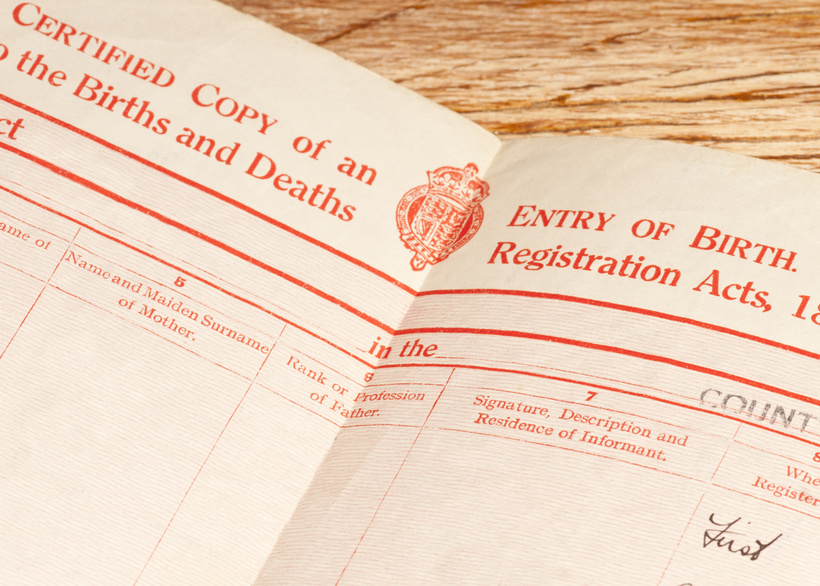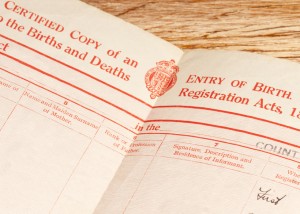
 This week saw changes announced in both nationality law and the Immigration Rules.
This week saw changes announced in both nationality law and the Immigration Rules.
From 12 November EEA nationals and their family members who wish to apply for naturalisation as a British citizen will no longer be able to do so by submitting evidence of having exercised Treaty rights in the UK for the required period of time, but will need a document to show that they have permanent residence, thereby adding one additional step to the process.
Whilst most of the changes to the Immigration Rules are minor and many are of a technical nature, two important changes are the addition of nurses and some digital technology jobs to the Shortage Occupation list, meaning that these posts can be recruited to without conducting a recruitment campaign, and also, from 06 April 2016, the coming into force of plans announced many years ago, whereby people on Tier 2 will only be able to apply for settlement if they are earning £35,000 or more.












